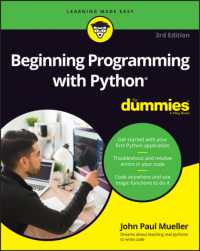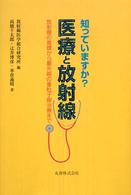Full Description
Neil Duxbury examines how precedents constrain legal decision-makers and how legal decision-makers relax and avoid those constraints. There is no single principle or theory which explains the authority of precedent but rather a number of arguments which raise rebuttable presumptions in favour of precedent-following. This book examines the force and the limitations of these arguments and shows that although the principal requirement of the doctrine of precedent is that courts respect earlier judicial decisions on materially identical facts, the doctrine also requires courts to depart from such decisions when following them would perpetuate legal error or injustice. Not only do judicial precedents not 'bind' judges in the classical-positivist sense, but, were they to do so, they would be ill suited to common-law decision-making. Combining historical inquiry and philosophical analysis, this book will assist anyone seeking to understand how precedent operates as a common-law doctrine.
Contents
Part I. Introduction - The Usable Past: 1. Precedent; 2. Positivism and precedent; 3. A theory of precedent?; Part II. Why Does English Law Have a Doctrine of Precedent?: 4. The formation of a doctrine of precedent; Part III. Precedents as Reasons: 5. Looking for a certain ratio; 6. Shortcuts to reason; 7. Pre-emptive precedent?; 8. Conclusion; Part IV. Distinguishing, Overruling and the Problem of Self-Reference: 9. Distinguishing; 10. Overruling; 11. The power to overrule oneself; 12. The authority of the Practice Statement; Part V. Why Follow Precedent?: 13. Consequentialist justifications; 14. Deontological arguments; 15. Conclusion.


















